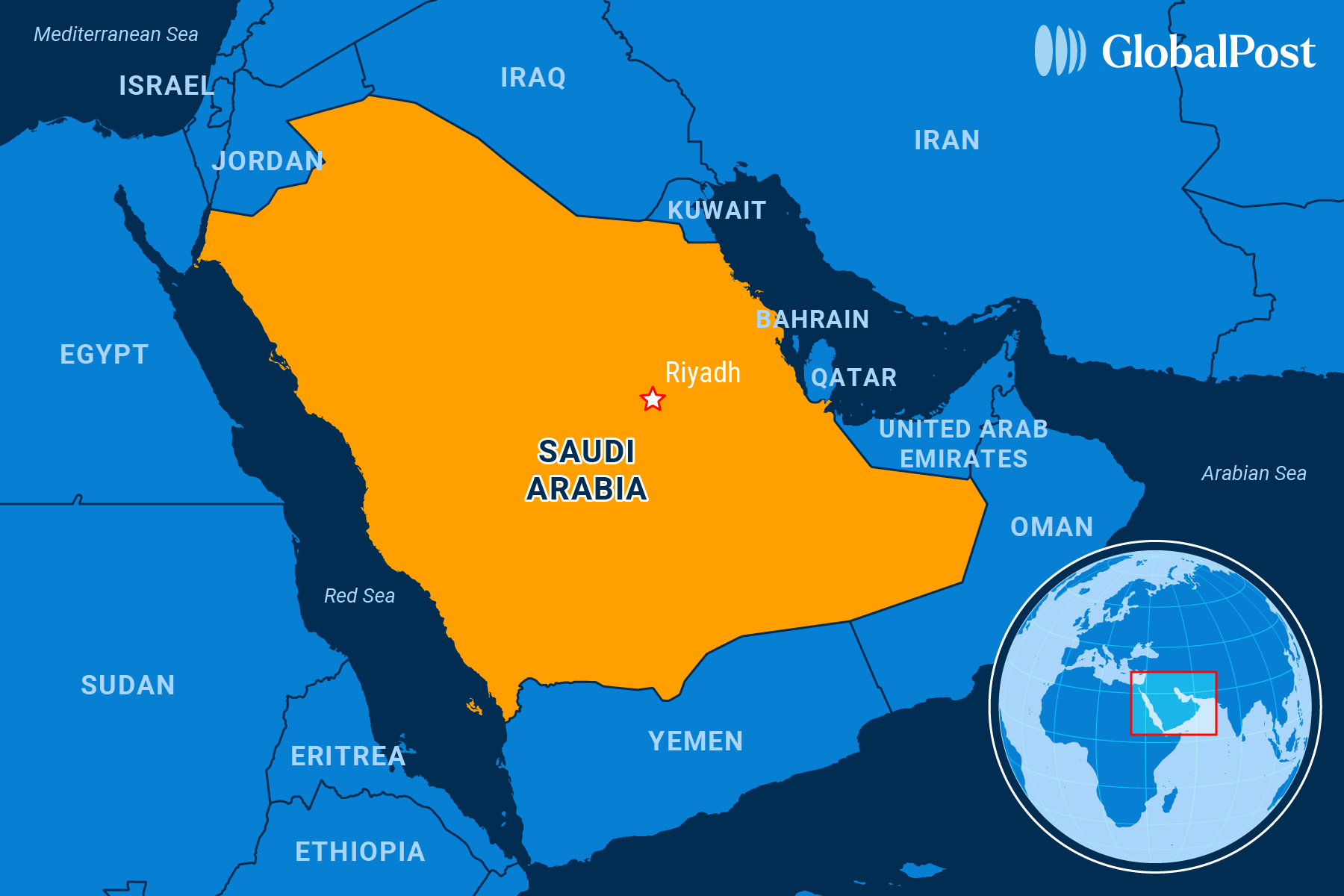NEED TO KNOW
The Practical Prince
SAUDI ARABIA

Chinese solar panel companies TCL Zhonghuan and Jinko Solar reached a $3-billion deal with Saudi Arabian leaders recently to build new solar farms. The agreement highlights how Saudi Arabia has been investing heavily in renewable energy – including billions in green hydrogen plants, noted Oil.com – as it earns billions exporting oil, as well as the desert kingdom’s new pivot to closer relations with China.
Saudi Arabia has also been purchasing more weapons and military equipment from China, wrote Bloomberg, a topic that was likely discussed during a recent meeting between Prince Khalid bin Salman, the Saudi defense minister, and Chinese leaders during a visit to the Chinese capital of Beijing in June.
Some suggested these developments point to how officials in Riyadh, the Saudi capital, might be interested in replacing the US, their current closest ally, with China, a country that is less opposed to authoritarian governments than the US and rejects Western economic sanctions on Russia and other nations, the South China Morning Post reported.
However, that idea has holes. The US and Saudi Arabia partnership is old, explained the Council on Foreign Relations. The two sides recently reached a deal to collaborate on civilian space exploration, for example, CNBC wrote. American diplomats have also been speaking closely with Saudi officials on a security pact that is the centerpiece of US President Joe Biden’s agenda in the region, according to the Brookings Institution. In return, the Financial Times added, Biden would expect Saudi Crown Prince Mohammed bin Salman, the leader of the country, to recognize Israel, a potentially massive breakthrough in the campaign for the acceptance of the Jewish state.
Still, Saudi Arabia, a Sunni Muslim power, recently reduced tensions with an important Chinese ally – Iran, a Shiite Muslim power – in their competition for hegemony in the Middle East. As World Politics Review noted, Saudi Arabia and Iran have re-established diplomatic relations, though the Saudis have been less vocal in their condemnation of Israel’s war against the Palestinian terror group Hamas than their Iranian counterparts. Iran considers Israel its top enemy.
New York Times columnist Thomas Friedman argued that everyone involved had a chance to help the region. Bin Salman will always be infamous for his decision to murder critics like journalist Jamal Khashoggi. But he has also developed a nuanced policy regime that has stifled radical Islamists who might become jihadists, has aimed to improve the Saudi economy, and stabilize the region, including better relations with Israel. The prince is practical, in other words.
The world has a chance to manage these changes or let them spin out of control but as Friedman says, the momentum is positive, especially with bin Salman lifting restrictions on women from driving, working and attending sporting events, jailing about 500 of the most extreme clerics and moving the country economically in a direction that has led investors to become positively giddy.
“To put it bluntly, Saudi Crown Prince Mohammed bin Salman has put his country’s worst religious extremists in jail, while Israeli Prime Minister Benjamin Netanyahu has put his country’s worst religious extremists in his cabinet,” he wrote. As a result, bin Salman’s policies mean Saudi Arabian society has seen “the most rapid social changes anywhere in the world.”
To read the full edition and support independent journalism, join our community of informed readers and subscribe today!
